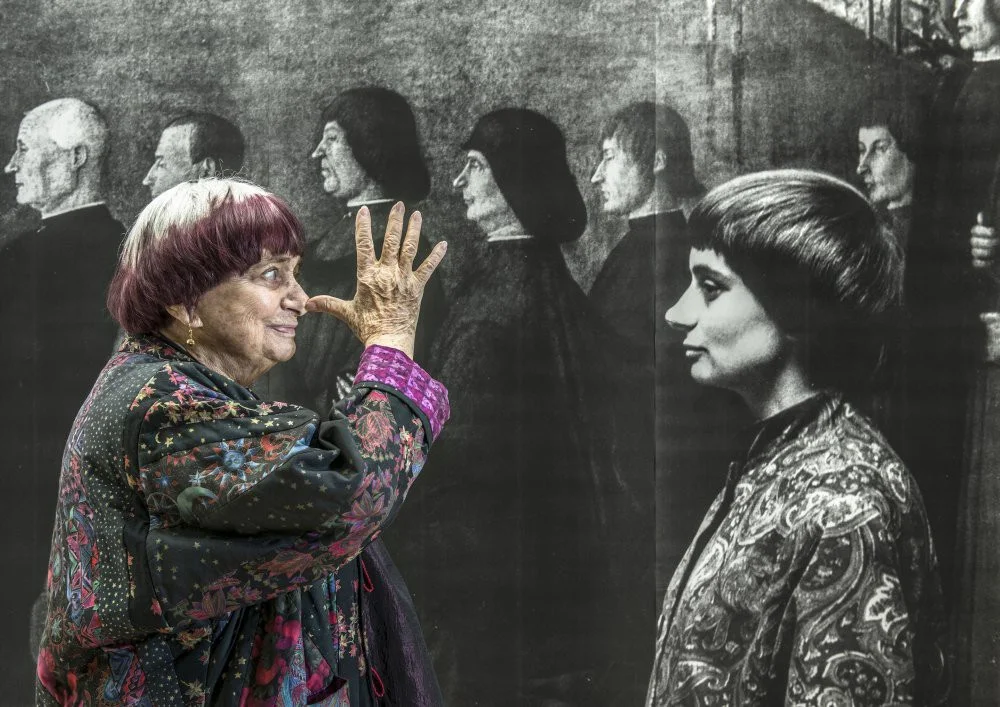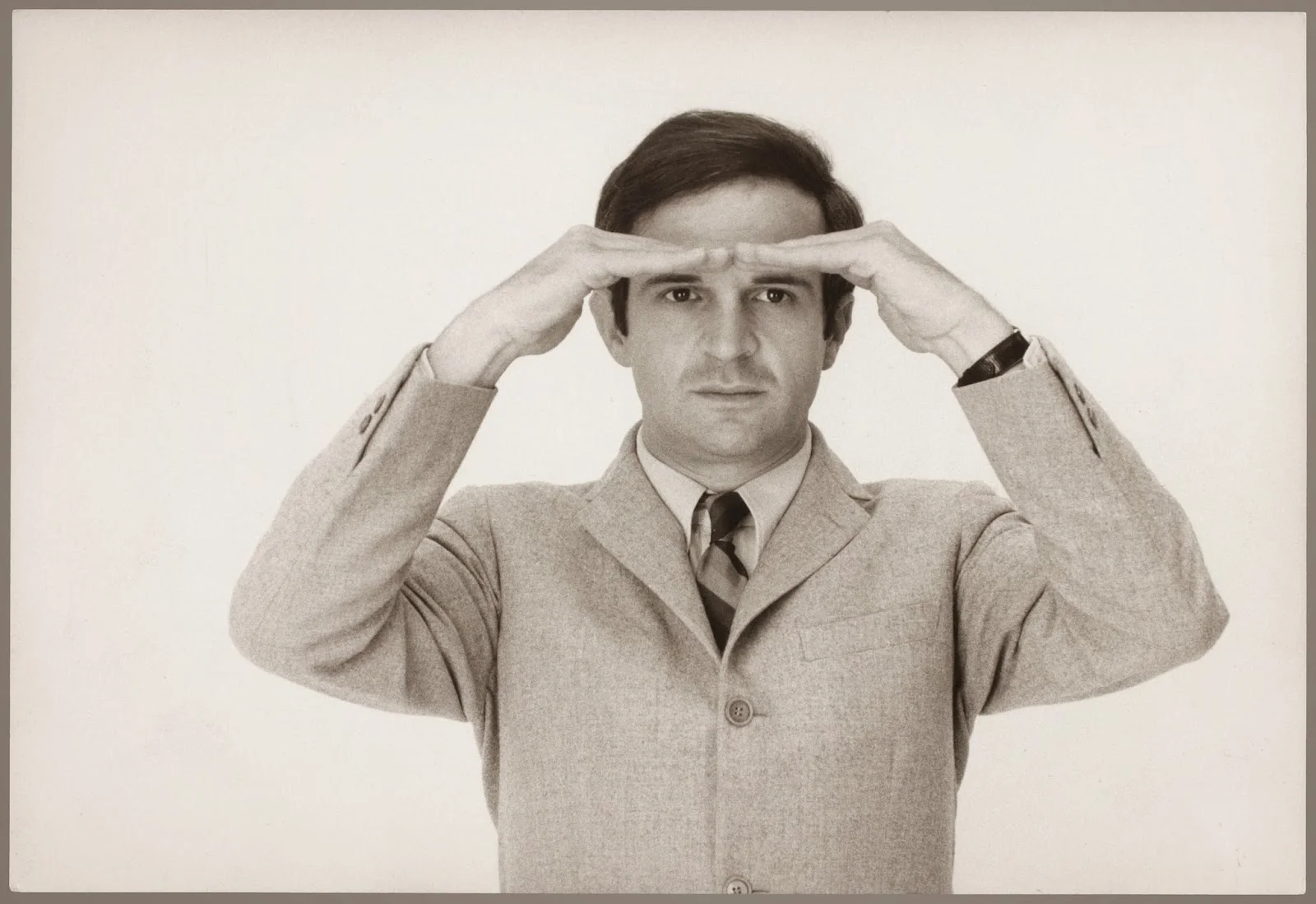To be honest, this has been a difficult post to put together. The watching and rewatching, the research, and the outlining have all been simultaneously joyous and filled with grief. I am of course only one of many in mourning the passing of our beloved Agnes Varda: the art/film world and those closer to her work have expressed Varda’s influence much greater than I (I have added links at bottom of page for a few particularly meaningful articles) but what I can say is that the world is certainly less since March 29th.
Read Morecinema
On Being Saved By Cinema
Much like his cinematic compatriot Jean-Luc Godard, this quote from Francois Truffaut represents his deeply ingrained love and need for the cinema. Both were more than just film fans, their passion instead goes above and beyond into a lens with which to see and experience reality. This artistic medium becomes an all encompassing force that becomes the drive behind everything in life for these ‘young Turks’.
Read MoreOn A World Without Gods
Art and money are unruly companions. The Artist is pervasively challenged by economic dilemmas: too little, too much, the locus of funding, etc. Resulting from this dynamic are the endless psychological, ethical, socio-political factors that weave their way into an artistic work. Is it even possible (realistic?) to speak of artistic integrity, particularly in a world so cluttered with influential, artistic industries?
Admittedly, these are of course, not new questions and are only related to the interests of this post by means of proximity. It is true, Godard was, at least implicitly, commenting on these types of questions in his 1963 masterpiece, Le mepris (Contempt). However, he seems here more interested in their effects, rather than the questions themselves.
Read MoreOn Having Something To Say
Francis Ford Coppola. Robert Altman. Milos Forman. Roman Polanski. Bernardo Bertolucci. Wim Wenders. Werner Herzog. Olivier Assayas. Vera Chytilova. Martin Scorsese. Steven Soderbergh. Leos Carax. Quentin Tarantino. Wes Anderson. These are just a handful of names who have been massively influenced by the work of the French New Wave--this band of revolutionary artists from the 50’s and 60’s. Scorsese himself expressed this when he stated that “the French New Wave has influenced all filmmakers who have worked since, whether they saw the films or not. It submerged cinema like a tidal wave.”
Read MoreA Medieval Fresco Worked Out in Time
By the mid 1950’s Ingmar Bergman had become fairly well established and respected in the film world. The French Cahiers du Cinema critics were heavily influenced by Summer with Monika (1953) while his Shakespearean-like Smiles of a Summer Night (1955) was hailed at Cannes film festival winning the Jury Prize award. Interestingly, it was the success of the latter that convinced Bergman’s producer, Carl Anders Dymling, to approve the script for The Seventh Seal (1957). For years, he had rejected it as a result of its heavy and potentially alienating subject matter. This would prove to be quite a good business decision for the Svensk Filmindustri producer as the film would go on to receive extremely high praise internationally. French New Wave director and critic Eric Rohmer called it “one of the most beautiful films ever made” while American critic, Andrew Sarris, called it an “Existential masterpiece”.
Read MoreIntroduction to a Series: "Communicating Bergman"
The influence of Ingmar Bergman is pervasive. Though perhaps first praised internationally by many French critics and filmmakers--e.g. Francois Truffaut, Jean-Luc Godard, and Eric Rohmer--his influence soon reach other international giants such as Andrei Tarkovsky, Satyajit Ray, Akira Kurosawa, and Federico Fellini. Additionally, one can find the influence in American filmmakers such as David Lynch, Ridley Scott, Francis Ford Coppola, and perhaps most explicitly Woody Allen.
Read More





